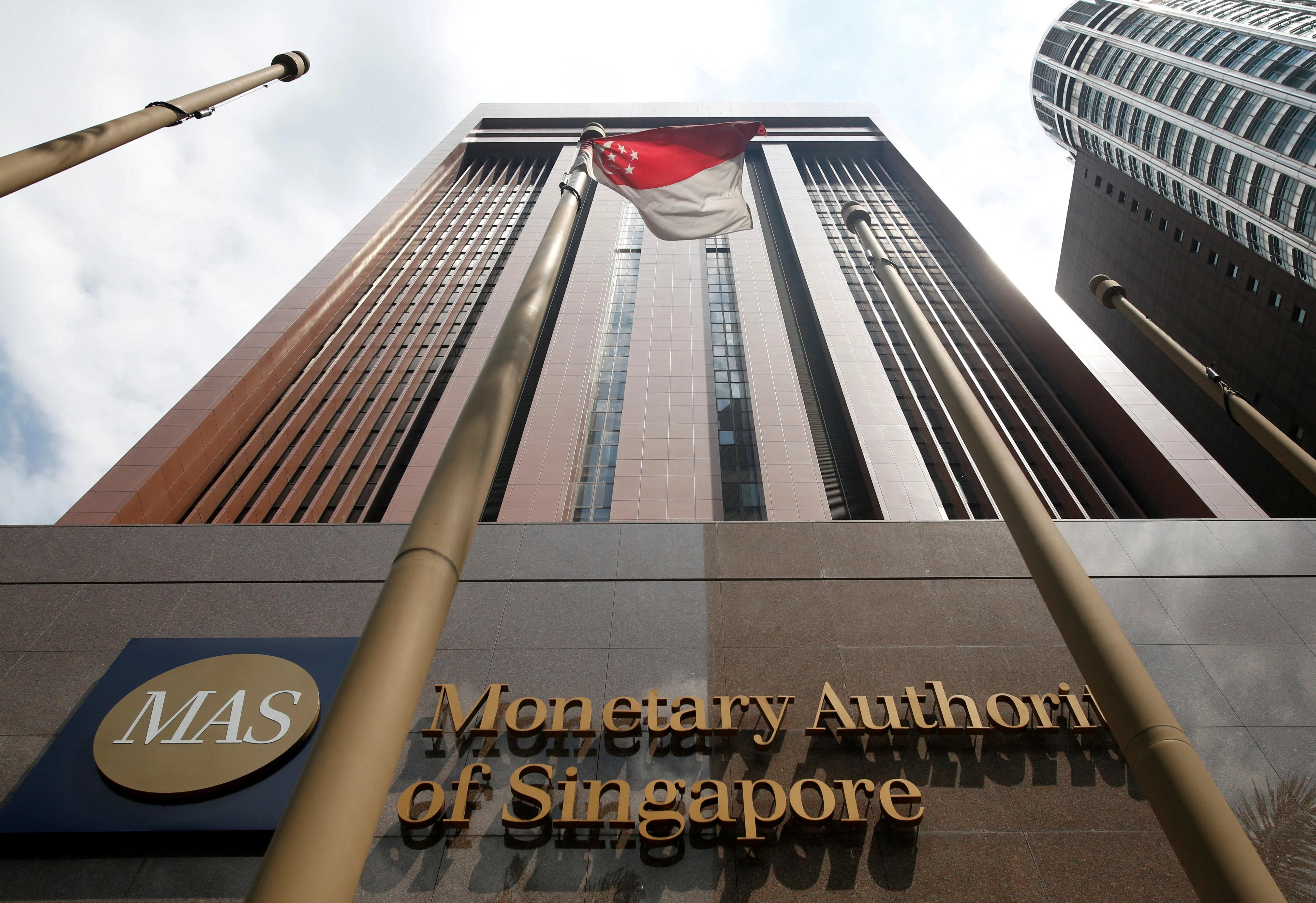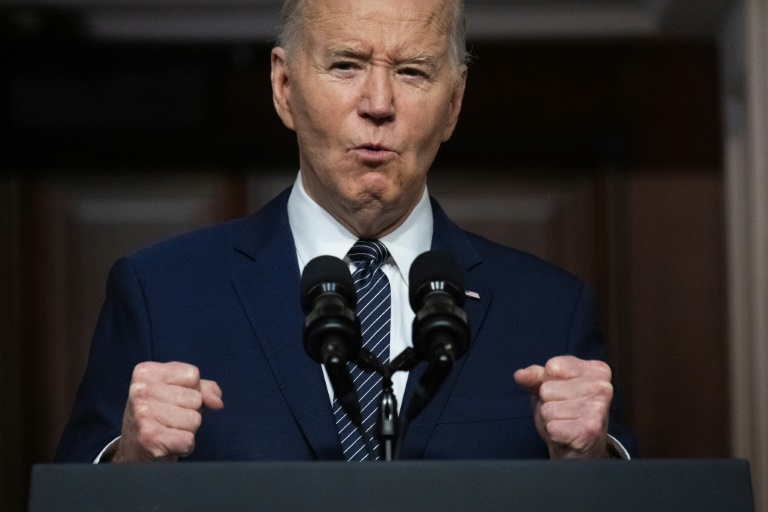OVERSEAS investors in Singapore government bonds may need to steel themselves for more disappointment.
The debt is already the worst performing in South-east Asia in US dollar terms this year with a loss of over 4 per cent, data compiled by Bloomberg showed. The upcoming policy review by the Monetary Authority of Singapore (MAS) is unlikely to provide much relief, given sticky inflation and still solid economic data. In any case, MAS uses the local dollar as its main policy tool, meaning bonds are often driven by moves in overseas markets.
Bond investors around the world are keenly awaiting a wave of easing by central banks, notably the Federal Reserve, after the most aggressive tightening campaign in living memory dealt a blow to the market. But the expected start of rate cuts has been steadily pushed back as the US economy proves resilient and Treasury yields have climbed back to new highs for the year.
In this environment, Singapore bonds find themselves caught somewhat between a rock and a hard place, given their strong link to the US market. Local yields tend to follow any move in their Treasury counterparts higher but are unlikely to drop as much as many regional peers when the cutting cycle begins.
“Given that USD rates have run up a lot more than SGD rates, we would expect SGD rates to fall less than USD rates in an easing cycle,” said Eugene Leow, senior rates strategist at DBS Group Holdings. “A reasonable base case is between 2-3 Fed cuts this year. So SGD rates should already be reflecting this pricing.”
Two Federal Reserve officials who vote on US monetary policy decisions this year said this week that they still expect three rate cuts in 2024.
A NEWSLETTER FOR YOU
Asean Business
Business insights centering on South-east Asia’s fast-growing economies.
Singapore’s rate of core inflation, which excludes housing and private transportation costs, accelerated to a seven-month high in February, the most recently available data showed. The MAS watches the core measure closely to determine policy settings.
MAS policy is not likely to change until October “unless Singapore inflation posts larger than expected declines in the coming months”, said Winson Phoon, head of fixed-income research at Maybank Securities in Singapore.
For DBS’s Leow, what happens in the US is more of an issue for Singapore bonds than affairs at home. For example, a stronger greenback could put a bit of upward pressure on yields, he said.
“We think the MAS will stay on hold this April,” he said. “There should not be any material impact on Singapore yields, which still takes the cue from USD rates.” BLOOMBERG







